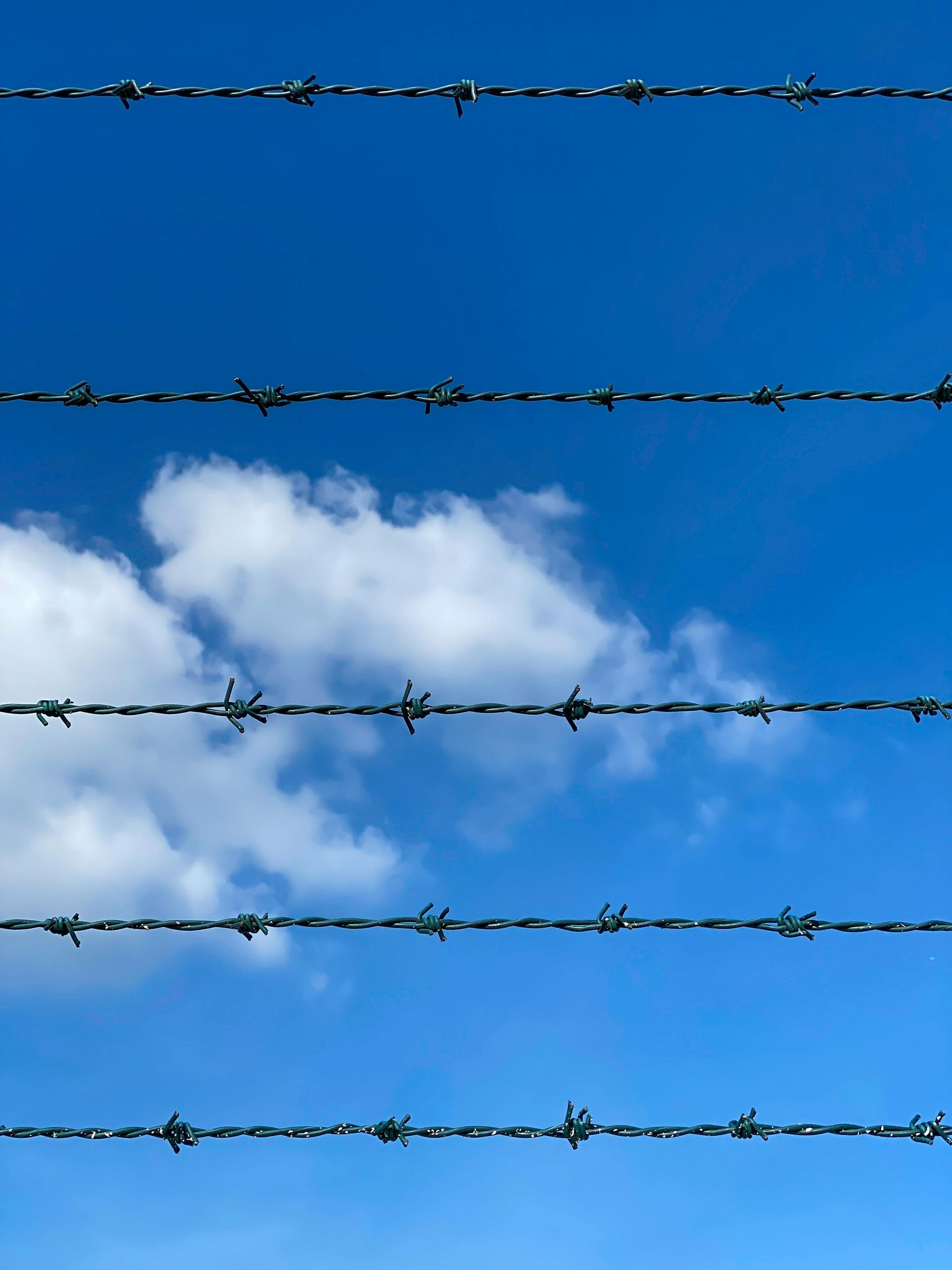Connect & Beat Loneliness
Invest in the Best of Humanity
Our health and well being as individuals and a community have been compromised in recent years leading to a steep increase in health issues and a crisis for the NHS. No doubt health and well being is complex and made up of numerous elements. One of those elements stands out and yet we are still not hearing the message. Loneliness is a creeping worldwide phenomena in a world full of people, 7.7 million at the last count, we are more lonely and separate than ever!
The success and best of the human race is evident when we work together as a community so when and what caused humans as a species to be so isolated? Some would call it progress, and I am sure we have benefited from many human inventions, but did we consider or could we possibly predict the long term ramifications of some of our great ideas.
Before the agricultural revolution we roamed the land as nomadic tribes and owned very limited portable personal possessions. Around 10,000BC the first agricultural revolution brought about ownership as we started to divide up the land and lived in smaller stationary groups. At this time the main form of currency was a barter system and even taxes were paid in crops, grains and livestock. It is thought that coins were created as currency around 5,000 BC and very quickly became popular and more widely used. The advantages were clear - more portable than a bag of rice, not perishable and easier to calculate the value of a commodity and pay a precise price.
The industrial revolution of the late 18th century furthered human separation as employment on the land decreased and factories started to pop up in cities. Travel also became more accessible and the populations in urban areas saw a substantial increase. However the result and ultimate price society paid became apparent as extended families became more fractured as sustaining a living became priority and migration into cities more common.
During the industrial revolution and the rise of the machine working days extended and those in poverty worked long shifts to feed their families. While the divisions between the classes were still very obvious and visible, more opportunities arose for those not born to aristocracy to make money and climb the ladder to prosperity. As mass production produced cheaper merchandise even the lower classes were in a position to make purchases. Advertising was fundamental in enticing customers to buy their dreams. Consumerism gained pace gradually towards the end of the 19th century increased exponentially into the 20th century. Family values and religious beliefs slowly eroded as people from all classes started to seek fulfillment in external possessions.
With the advent of commercial television consumerism accelerated as the dawn of super marketing persuaded us how we should look, what to wear, what car to drive and how to fill our homes. Arguably manufacturers would say they supply a demand, but the methods of those driving that demand are questionable. Sundays are now an opportunity to worship at the altar of retail and the internet gives us unlimited access to the goods we crave.
I am sure I am not alone in thinking as a species we have lost our way? We spend more time working to accumulate enough money to equip and run our houses that we don't spend time in. We purchase technology that keeps us working remotely and living within a virtual world rather than face real life and develop our relationships. We work long hours to pay for care of our offspring that we hardly see. Is it any wonder the divorce rate is nearly 50% in first marriages and increases for second and still higher for third marriages. It seems many of us are dissatisfied with our relationships and at a loss as to how to put them right.
Extended families were more common only a few decades ago and the elderly were likely to be taken care of within the family. The economic climate has gone through many changes and with increased pressures on families it has resulted in many migrating to the other end of the country or even abroad leaving the elderly with less support and contact. The UK has 11.4 million over 65s and of those 3.5 million live alone. A report from the WRVS formerly the Women's Royal Voluntary Service, describes how 'fragmented' family life in the UK can leave older people very alone with little contact from their own children. The report estimates more than 360,000 older people have children who live too far away and are too busy to visit them. One in ten elderly do not have children who live within an hour's drive. Almost a quarter of a million elderly people are likely to spend Christmas day on their own.
Loneliness is not just the territory of the elderly living on their own. In a recent survey* the highest rate of loneliness existed within the Millennial generation with 40% stating they often felt lonely. It could be argued this is the age most likely to be when we first experience living on our own. However, the survey also linked those in this age group who reported higher levels of loneliness with higher numbers of Facebook only friends, therefore less available friends to form deeper emotional connections. Loneliness is a symptom of not being heard, understood and accepted resulting in emotional detachment. Before the days of electronic devices couples and families had more time for leisure and less distraction. Therefore most people engaged more fully in conversation and learnt the art of effective dialogue and listening as a matter of course. Many conversations today are competing with mobiles, television and play stations and undivided attention is rare. Families used to sit at the table and talk about their day while sharing an evening meal. How many of us have a TV meal with little or no interaction or eat at different times?
So here we are having invested so much time and money in the technology that runs our lives and unable to turn back the clock. So how do we move forwards while getting back to the values that are at the foundations of the best of humankind?
We are at our best when we unite and work as a whole! Small steps make the difference:
1. Set aside time to have uninterrupted interaction with your family and close friends
2. Plan a meal at the table with all of the family at least once a week
3. Take a walk in nature with friends or family
4. Make a no phones rule at set times for yourself and your family
5. Play board games or make something creative as a team
6. Set up a debate with a theme - and allow each person to speak uninterrupted
6. Schedule a 'How has your week been' session where everyone can share the things that have gone well and the things that could have been better
7. Set clearer boundaries for a cut off time for checking E-Mails
8. Invite a neighbour/friend living on their own to lunch
9. Take the opportunity when available to talk or visit family and friends rather than E-Mail/text
Learn how to develop and support your relationships by attending the ConneXions Group
created with the aim of being a safe place to express yourself honestly, listen and be heard, learn new resources to help develop deeper connection and better relationships.
Find out more details call or E-Mail and to register to attend please use the following link and contact form:
https://www.e-motionalsolutions.co.uk/connexionsgroup
Date: 25th February 2020 and thereafter the second Tuesday of the month
Venue: Sunshine Clinic, 175 Send Rd, Woking GU23 7ET
Time: 6.30 - 8pm
Cost: £15
Karen Oliver: www.e-motionalsolutions.co.uk karen@e-motionalsolutions.co.uk
07782 381855/01932 403780
*Survey - The BBC Loneliness Experiment - Brunel University London - Professor Christina Victor developed the survey with academics at the University of Manchester and the University of Exeter, alongside Radio 4's All in the Mind programme and its presenter Claudia Hammond.


















